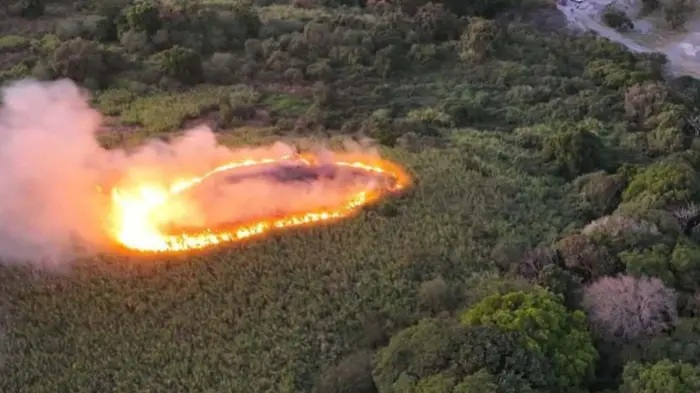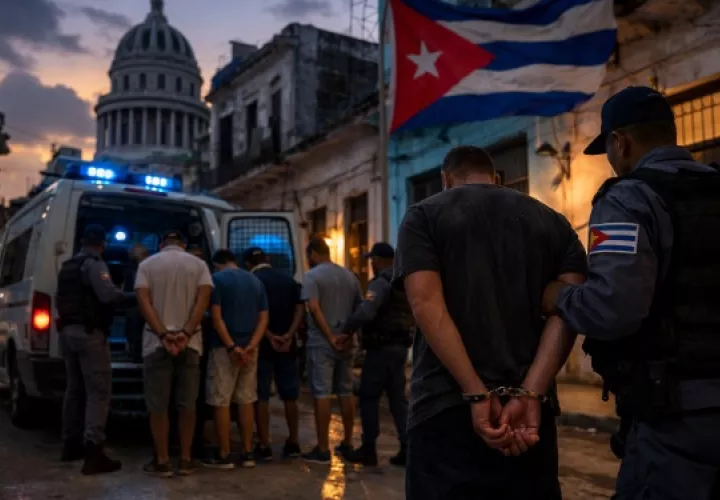ENVIRONMENT: “No straws” month

The Tortuguías Foundation and establishments across the country began this Tuesday, November 12, the second edition of the “Without Straws, Please” environmental campaign, whose main objective is to educate the population about the damage caused by the high consumption of single-use plastics with a direct focus on drinking straws.
Tortuguías, president Kerya Hernández, said that the initiative, which ends on December 12, is directly linked to a movement that seeks to raise awareness about the damage that this type of material in use for only 20 minutes brings to the environment that polluting hundreds of areas besides affecting the marine coast.
“With small actions, we can generate a big change,” she said.
In the campaign last year, 203 restaurants were added nationwide which in turn stopped delivering710, 500 reeds to their customers during the month of this environmental initiative.
Rino Tamburrelli treasurer of the Panama Restaurant Association, , said that encouraging customers to become aware of avoiding plastic reeds is a difficult task.
“When we implemented this initiative in restaurants, customers expressed their discomfort and we had to explain the initiative to them, so we had to buy biodegradable reeds, which are more expensive. But we do it as a social responsibility focused on eliminating plastic and marine pollution, ” said Tamburrelli
According to data from Tortuguías, 80% of the waste that ends up in the oceans is plastic, so more than one million birds and 100,000 marine species die each year from eating plastic.
Among those species, there are more than a thousand sea turtle deaths.
The Inter-American Development Bank said that each Panamanian produces approximately 1.6 kilograms of garbage per day, which generates high levels of environmental pollution that are harmful to both the fauna and flora
In the campaign last year, 203 restaurants were involved nationwide which stopped handing out 750 000 reeds to their customers during the month of the environmental initiative.
According to data from Tortuguías, 80% of the waste that ends up in the oceans is plastic, so more than one million birds and 100,000 marine species die each year from eating plastic.
Among those species, there are more than a thousand sea turtle deaths.
The Inter-American Development Bank said that each Panamanian produces approximately 1.6 kilograms of garbage per day, which generates high levels of environmental pollution that are harmful to both the fauna and flora and the citizens of the country.





